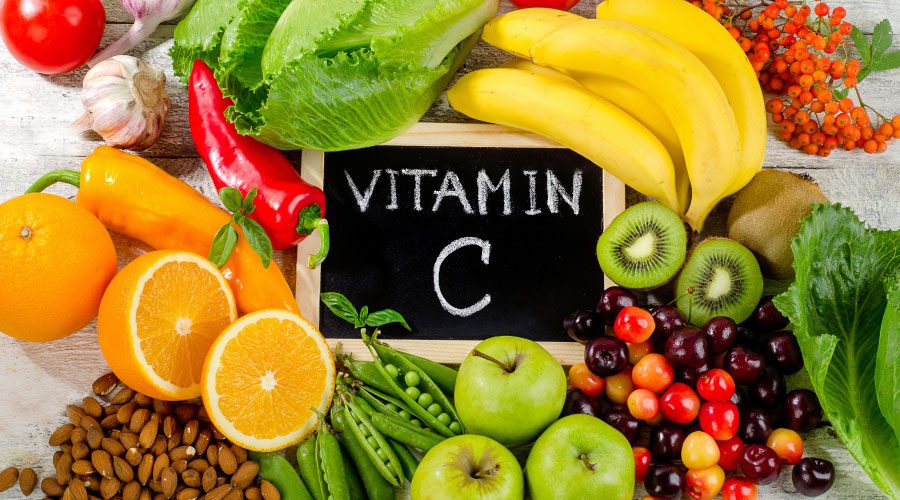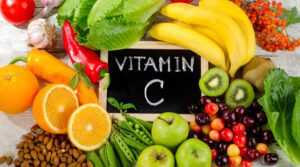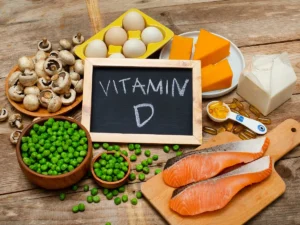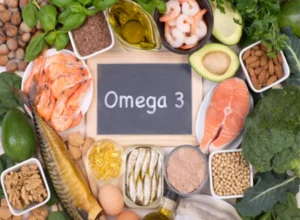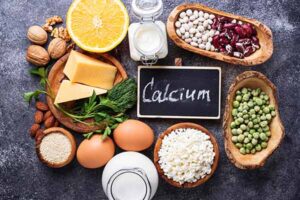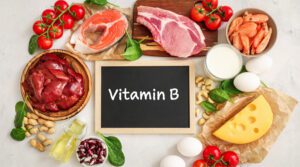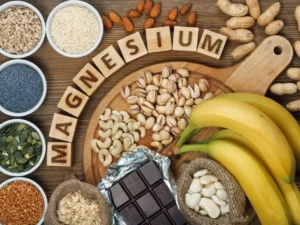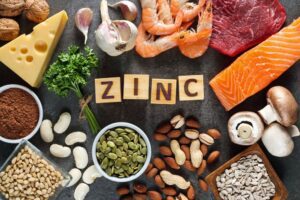10 Best Nutrients for Optimal Wellness
Introduction
Nutrition forms the cornerstone of our well-being, influencing every facet of our health. The essential nutrients we consume play a crucial role in supporting bodily functions, from fortifying our immune system to fueling our energy levels. In this blog post, we unravel the power of 10 vital nutrients that act as the pillars of optimal wellness.
Vitamin C: The Immune Booster
Vitamin C stands as a stalwart guardian of our immune system. Its potent antioxidant properties fend off invaders and bolster our body’s defense mechanisms. Additionally, vitamin C is a key player in collagen production, promoting healthy skin and tissue repair. Load up on vitamin C-rich foods and explore the world of supplements to give your immune system the boost it deserves.
Vitamin D: The Sunshine Nutrient
Vitamin D, often referred to as the “sunshine vitamin,” is a linchpin of bone health and immune function. Bask in the sun’s embrace to synthesize this crucial nutrient, and complement it with dietary sources like fatty fish and fortified foods. Maintaining optimal vitamin D levels contributes to strong bones and a robust immune response.
Omega-3 Fatty Acids: Heart and Brain Health
Omega-3 fatty acids are the unsung heroes of cardiovascular and brain health. EPA, DHA, and ALA, the three types of omega-3s, offer an array of benefits, from reducing inflammation to enhancing cognitive function. Dive into the ocean of fatty fish and plant-based sources to nourish your heart and brain.
Iron: Vital for Energy and Oxygen Transport
Iron is the driving force behind oxygen transport and energy production. Dive into the world of heme and non-heme iron sources, catering to both vegetarians and non-vegetarians. Uncover the significance of iron absorption and be vigilant against potential deficiencies that can sap your vitality.
Calcium: Strong Bones and Beyond
Calcium is the cornerstone of sturdy bones and contributes to muscle function and more. Harness the power of dietary calcium while enlisting the aid of vitamin D for optimal absorption. Navigate the landscape of calcium supplementation and find solutions for those with lactose intolerance.
B Vitamins: Energy Metabolism and Nervous System
The B vitamins form a constellation of energy metabolism and nervous system support. B1, B2, B3, B6, and B12 each play unique roles, from converting food into energy to enhancing mood and cognition. Embark on a journey through B vitamin-rich foods and understand the crucial role of B12 for vegetarians and vegans.
Magnesium: Relaxation and Muscle Health
Magnesium, the mineral of relaxation and muscle health, contributes to peaceful slumber and agile movement. Source magnesium from a variety of dietary options, while keeping an eye on factors that influence absorption. Delve into the realm of magnesium supplementation to unlock its potential benefits.
Zinc: Immunity and Wound Healing
Zinc, the sentinel of immunity and wound healing, is a mighty defender against infections and a catalyst for tissue repair. Unearth zinc-rich foods and safeguard yourself against the perils of zinc deficiency. Tailor your zinc intake to match the needs of athletes and those with specific health conditions.
Fiber: Gut Health and Digestion
Fiber, the unsung hero of gut health and digestion, supports weight management and a balanced microbiome. Traverse the landscape of soluble and insoluble fiber sources, harnessing their power to promote satiety and regularity. Elevate your well-being through fiber-rich whole foods.
Potassium: Heart Health and Fluid Balance
Potassium, the guardian of heart health and fluid balance, plays a pivotal role in maintaining steady blood pressure and proper hydration. Embark on a journey through potassium-rich foods, understanding their role in bolstering cardiovascular wellness. Strike the delicate balance between potassium and sodium for a harmonious existence.
FAQs
Q: What are nutrients?
A: Nutrients are substances that the body needs to function properly. They are found in food and provide the body with energy, build and repair tissues, and regulate body processes.
Q: What are the 10 best nutrients for optimal wellness?
A: The 10 best nutrients for optimal wellness include:
- Water: Water is essential for life. It helps to regulate body temperature, transport nutrients, and remove waste products.
- Protein: Protein is essential for building and repairing tissues. It is also important for the production of enzymes and hormones.
- Carbohydrates: Carbohydrates are the body’s main source of energy. They are found in foods such as bread, pasta, rice, and fruits.
- Fats: Fats are essential for the absorption of vitamins and the production of hormones. They are also a source of energy.
- Fiber: Fiber is essential for gut health. It helps to keep the digestive system healthy and can help to reduce the risk of chronic diseases.
- Calcium: Calcium is essential for strong bones and teeth. It is also important for muscle function and blood clotting.
- Iron: Iron is essential for red blood cell production. It is also important for carrying oxygen throughout the body.
- Zinc: Zinc is essential for the immune system and wound healing. It is also important for the production of proteins and DNA.
- Vitamin C: Vitamin C is essential for the immune system and wound healing. It is also important for the production of collagen, which is a protein that gives skin its strength and elasticity.
- Folate: Folate is essential for pregnant women. It is also important for the production of red blood cells and DNA.
Q: How can I get enough nutrients?
A: The best way to get enough nutrients is to eat a healthy diet that includes a variety of foods from all food groups. You can also take a daily multivitamin supplement to ensure that you are getting all the nutrients you need.
Q: What are the benefits of getting enough nutrients?
A: There are many benefits to getting enough nutrients, including:
- Improved overall health and well-being
- Increased energy levels
- Stronger immune system
- Reduced risk of chronic diseases
- Better skin health
- Improved mood
Q: What are the risks of not getting enough nutrients?
A: The risks of not getting enough nutrients include:
- Decreased energy levels
- Weakened immune system
- Increased risk of chronic diseases
- Poor skin health
- Depression
Q: Where can I find more information about nutrients?
A: There are many resources available to learn more about nutrients. Here are a few suggestions:
- The website of the U.S. Department of Agriculture (USDA) has a section on nutrients.
- The website of the National Institutes of Health (NIH) has a section on dietary supplements, which includes information about nutrients.
- The website of the Harvard School of Public Health has a section on healthy eating, which includes information about nutrients.
Conclusion
The tapestry of optimal wellness is woven from the threads of these 10 essential nutrients. From the immune-boosting prowess of vitamin C to the heart-loving embrace of potassium, each nutrient contributes its unique notes to the symphony of health. By embracing a balanced and varied diet, we empower ourselves to nurture our bodies and minds, forging a path toward lasting well-being. Prioritize nutrient-rich foods and let the science-backed wisdom of these nutrients guide your journey to a vibrant and fulfilling life.

